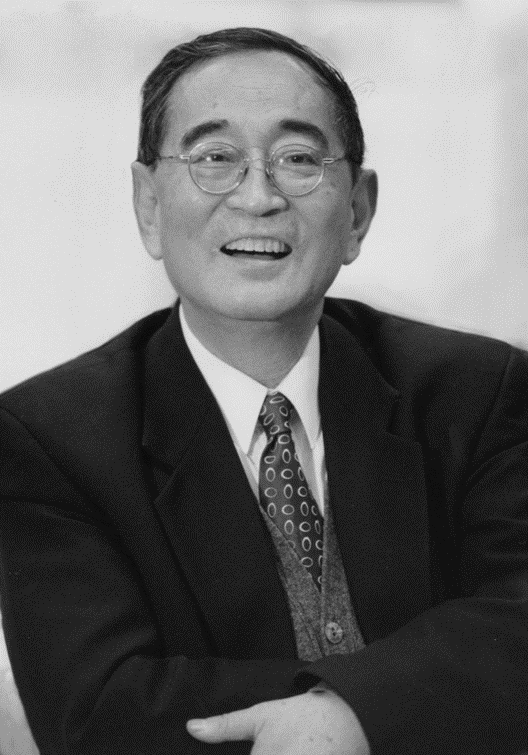Li Yining
Peking University, Februray 28, 2023: Li Yining, a pioneer of economic reform in China and an honorary dean of the Guanghua School of Management at Peking University, passed away on Monday night. Li was known for his staunch advocacy of reforming state-owned enterprises and his role in the establishment of China's stock market.
Li died at a hospital in Beijing on Monday due to illness, Peking University announced. The university has set up a funeral working group to carry out related work, and all faculty members and students mourn the passing of Professor Li, the statement said.
Born on November 22, 1930 in Nanjing, East China's Jiangsu Province, Li graduated from Peking University in 1955 with a bachelor's degree in economics and has been teaching at his alma mater ever since his graduation. Over the years, Li also held prominent positions at various government bodies, including the National People's Congress, China's top legislative body, and the National Committee of the Chinese People's Political Consultative Conference (CPPCC), China's top political advisory body.
Above all, Li was known for his remarkable contributions to China's economic reform and development. In the early days of China's reform and opening-up, while many advocated for price reform as the priority of China's economic reform agenda, Li criticized the view and fiercely advocated for reform of ownership.
"The failure of China's reform may be caused by the failure of price reform, but the success of Chinese economic reform is by no means determined by the success of price reform, but by the success of ownership reform," he pointed out at the time, according to his biography on Peking University's website.
The runaway inflation in the country in 1988 proved the validity of Li's view, and reform of state-owned enterprises later became a priority of China's economic reform and reform of state-owned enterprises continues to be a top priority for Chinese policymakers today.
Another great achievement of Li's career was his share-holding theory and advocacy of building a share-holding system despite considerable pushback from some critics who opposed "over-privatization." Because of his advocacy of the share-holding theory, which is widely believed to have helped the establishment of China's stock markets in 1990, Li is known both in China and abroad as "Mr Stock Market Li."
Throughout his career, Li has been steadfast in advocating economic reforms. During a memorable moment at a press conference on the sidelines of the two sessions in 2014, Li, who was a member of the National Committee of the CPPCC at the time, took a harsh view of what he called "hard nuts" that impeded China's reform: vested interests and systemic inertia.
"Economic reform has taken more than 30 years. The situation now is different. All the easy reforms are done and the rest are tough," Li said, adding that a major obstacle is the strong vested interest of those who profit from the status quo.
Li was the author of many influential books on China's economic reform, including "Ideas on China's Economic Reform," "China's Economic Reform and Share-holding System" and "The Share-holding System and Modern Market Economy."
In recognition of his remarkable contribution to China's economic reform, Li was awarded the honorary title of "Pioneer of China's Reform and Opening-up."
Li has been one of the most influential economists in China since the very beginning of China's transition to a market economy in 1979, said Justin Lin Yifu, also a prominent economist at Peking University, according to a post on the website of the university.
Apart from his contribution to China's economic reform, Li has also made notable achievements in other areas, including ethics in economics. He was among the first scholars to propose that moral regulation should play an important role in market regulation, according to Peking University.
Since 2003, Li has also been focusing on economic development in the private sector, advocating support for the private economy.
Reflecting Li's great achievements and widespread popularity, many Chinese netizens took to social media to mourn his passing. News of his death became a trending topic on social media platforms. On Sina Weibo, the topic for the news of Li's passing drew over 83.49 million views as of 11 pm on Monday.
"I pay tribute to a pioneer of China's market economic reform theory," one netizen wrote.
